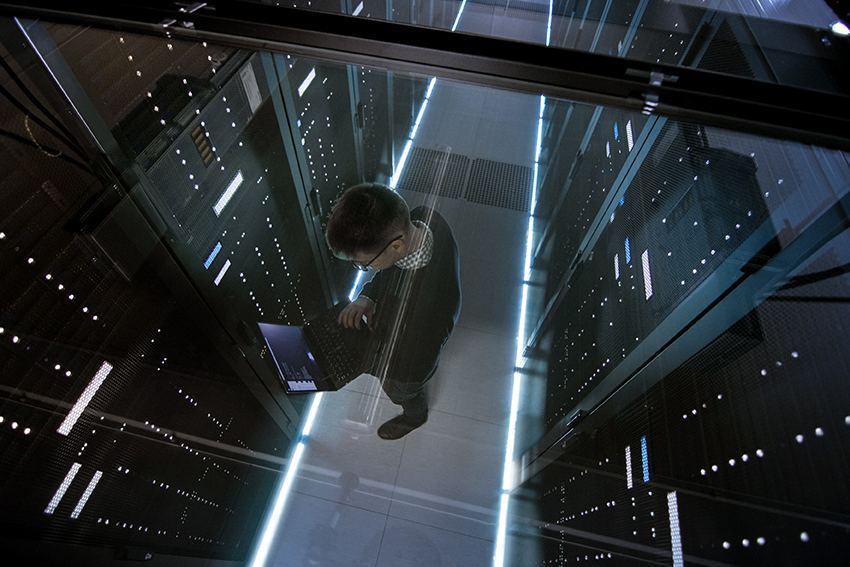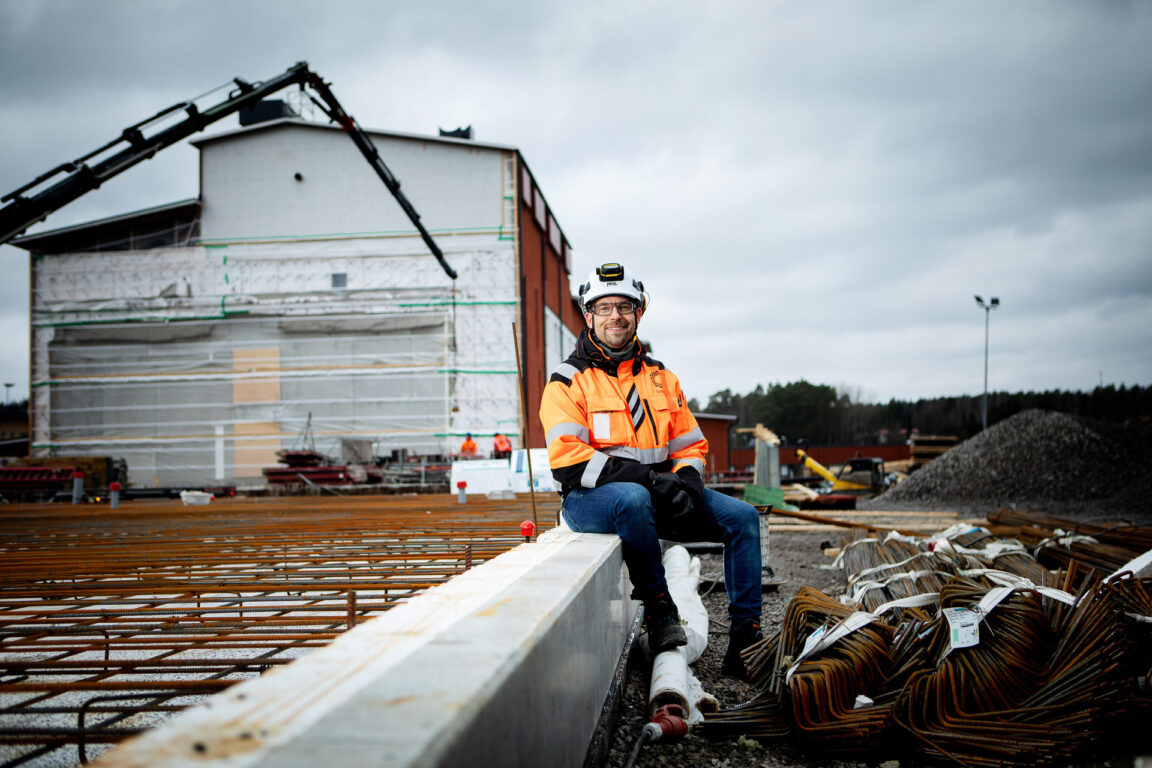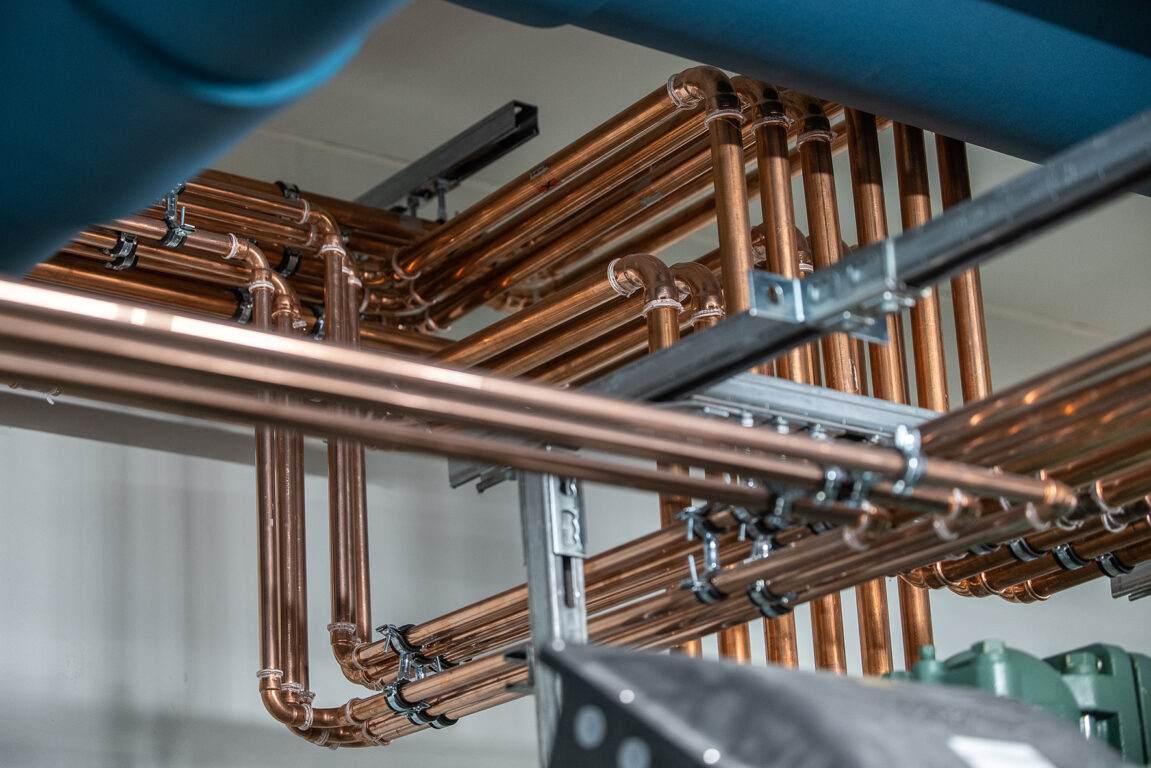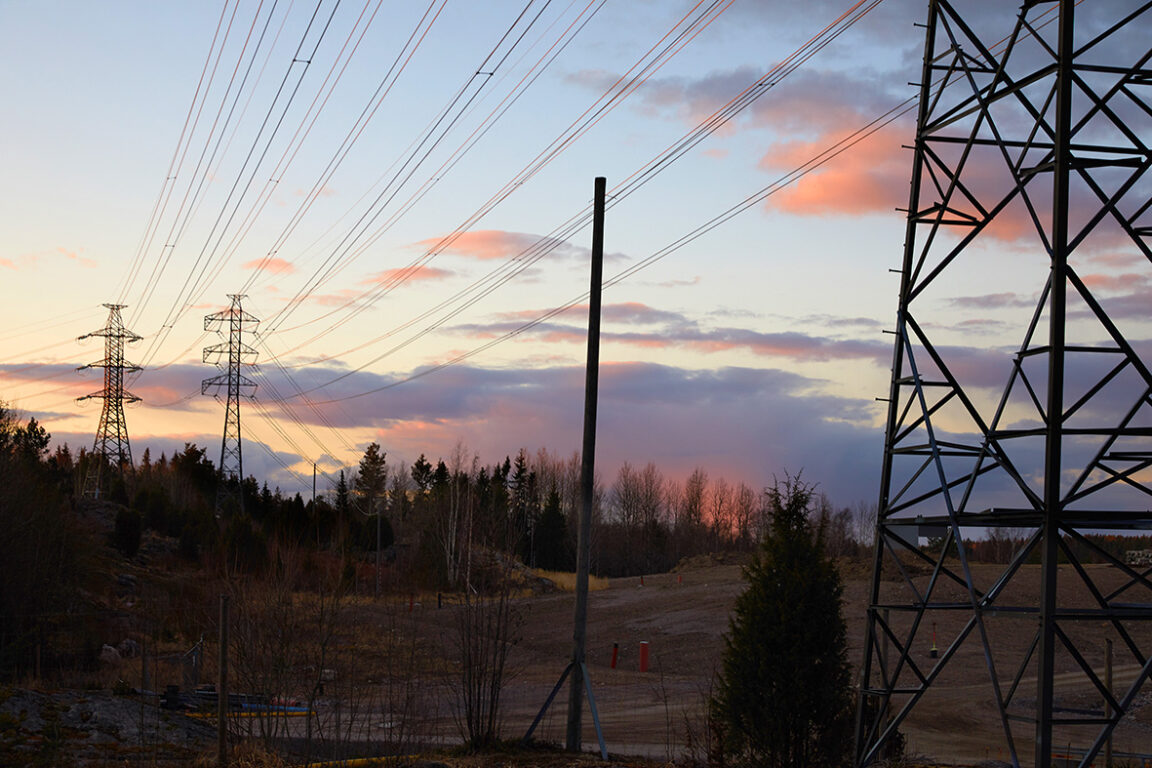Data centers must react to the growth of remote working
8.4.2020 – Coronavirus has taught us how to work remotely. This trend will continue even when we return to our regular day-to-day lives. The increased data communications traffic creates the need to build new data centers, expand old ones and ensure their operations.

As a result of the coronavirus, everyone with the possibility to work remotely is doing so. Roads have quieted down, and traffic jams have moved to data networks.
Group Manager Timo Ranne from Granlund’s Data Center team says that companies’ secure VPN connections have slowed down at times.
“Companies have had to acquire more VPN servers and routers, among other things. The crisis has also increased the interest in building new data centers and expanding old ones. These projects have been sped up considerably.”
These projects have been sped up considerably.
Remote working is here to stay
Ranne believes that the state of emergency will have a permanent impact on the working life. The coronavirus has shown even those companies and employees who might have been doubtful before that it is truly possible to do your job well even if you are at home.
When we return to our regular daily routines, we will work remotely significantly more than before.
“Companies have already invested in new remote tools and service agreements. They will not be giving those up.”
“My guess is that when schools go back to normal, remote studying will continue even if there are situations such as absences due to sickness. Online stores have also received a boost.”
The shift towards remote work started already earlier. According to Statistics Finland, 16 per cent of Finns worked remotely occasionally in 2013. In 2018, the number had gone up to 28 per cent.
Companies have already invested in new remote tools and service agreements. They will not be giving those up.
The significance of preparedness is now clear
The coronavirus has also demonstrated the significance of preparing and securing operations.
“Data centers are likely to see traffic jams in various states of emergency even in the future.”
The core business of large data centers is the transmission of data communications. Their reliability is mostly on a good level. A single error in any part of a data center does not cause disruptions in the operations.
“The situation might be different for smaller actors, such as companies’ own data centers.”
Data centers are likely to see traffic jams in various states of emergency even in the future.
The development of IoT gives an extra boost
In addition, the demand for small, local, high-security and reliable data centers will grow even further in the future because of the development of IoT.
An increasing number of devices are connected to the network and, simultaneously, the response time in autonomous traffic must be decreased.
“The individually transferred amount of data might not be that big. However, it must move incredibly fast in order for the devices to operate with each other.”
In applications that produce a significant amount of data, the aim is to compress the raw data into a smaller format in local data centers before sending it forward.
The general trend abroad is the same:
“Data centers are constructed and developed at an accelerating pace.”
Want to hear more?

Timo Ranne
More of our news
Subscribe to our newsletter
Be among the first to hear about the latest news and trends relating to Granlund and the real estate and construction sectors.









